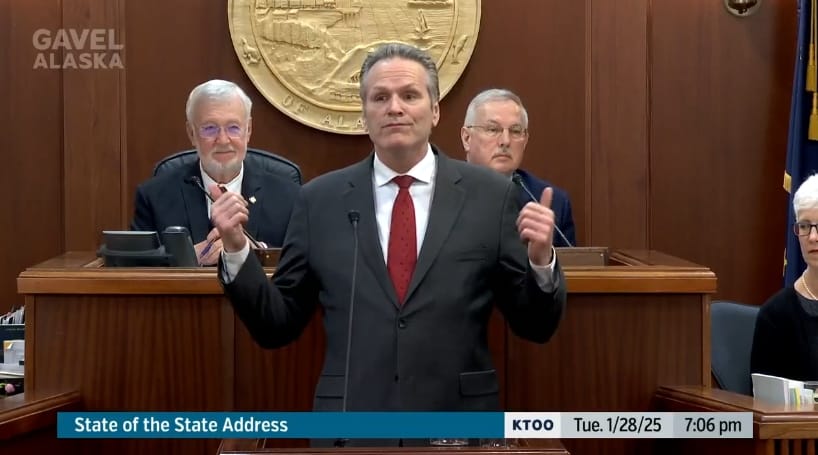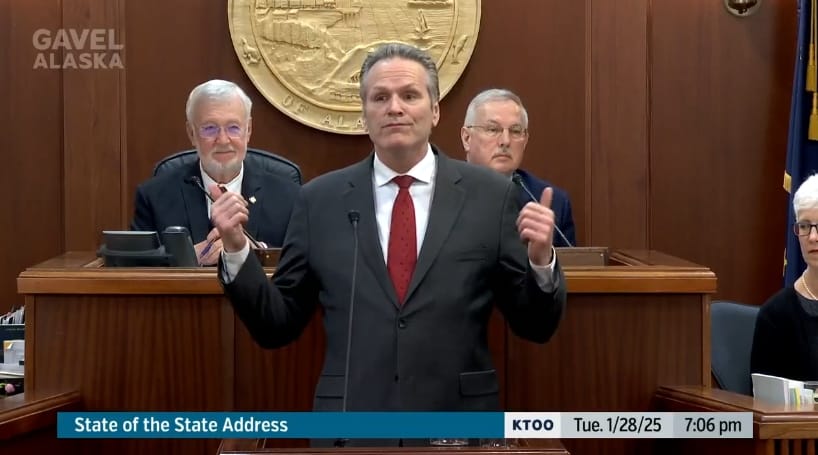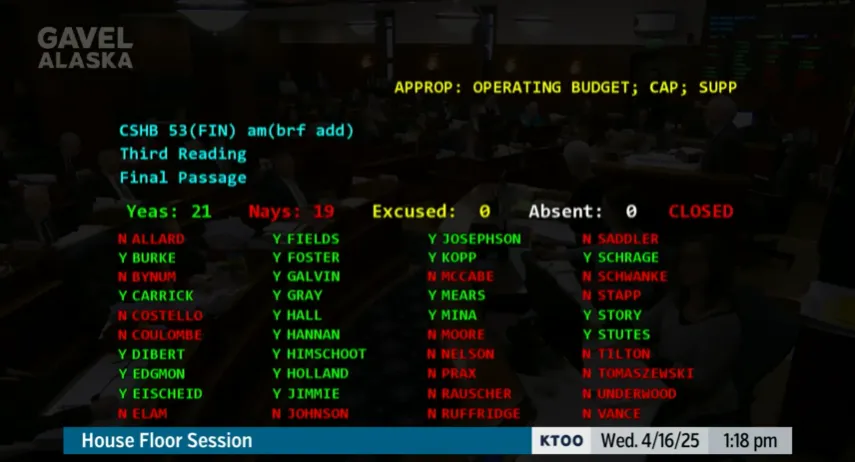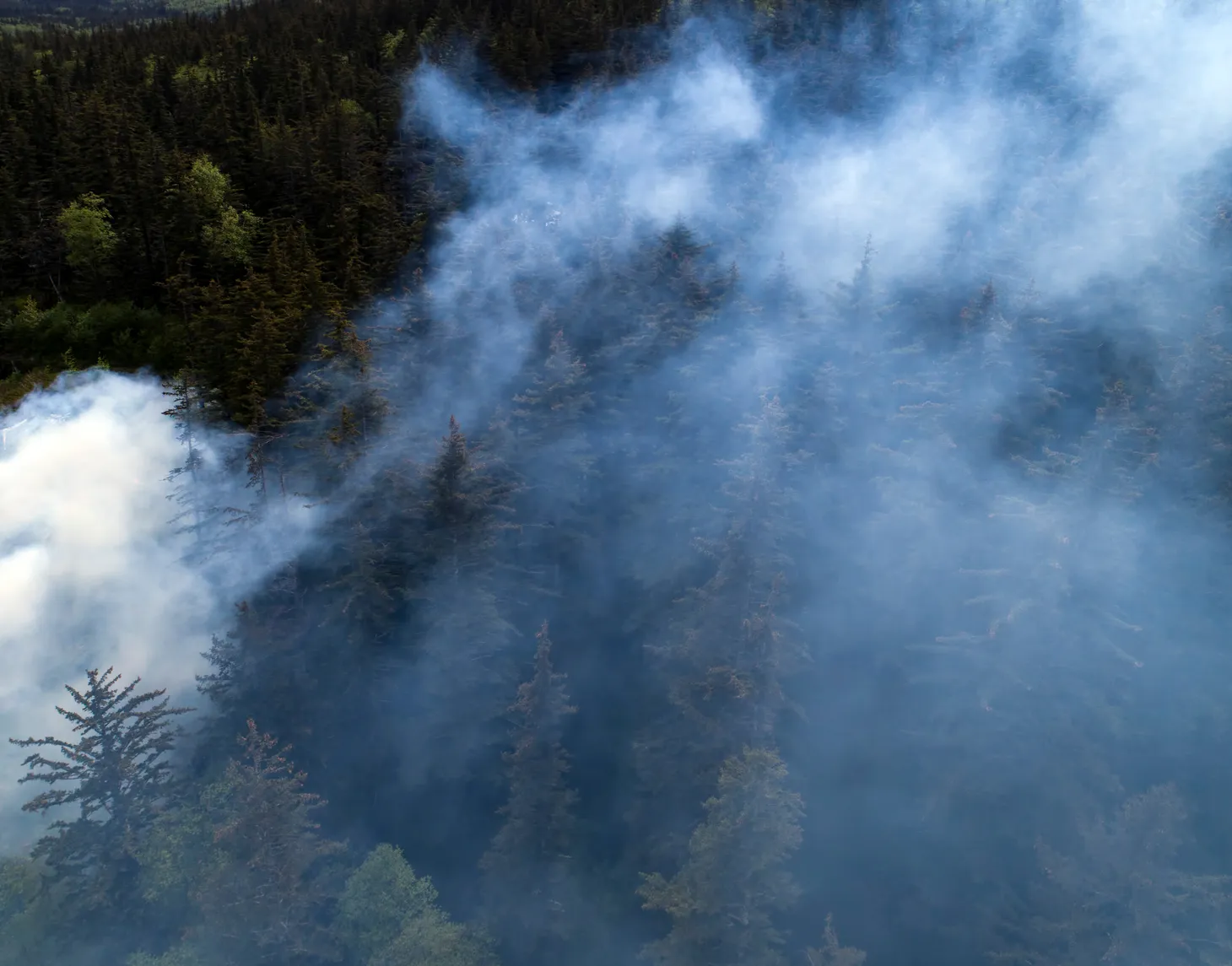Dunleavy administration manipulated wage study to keep underpaying workers, lawsuit alleges
He's never beating the "abundant evidence of anti-union animus" finding.

It's Tuesday, Alaska.
In this edition: Surprise! It turns out the Dunleavy administration was hiding something with its vague and non-committal answers to legislators' questions about a long-delayed wage study last week. After rejecting loads of public records requests, the state now faces a lawsuit from the state worker union, which also is armed with an unredacted contract showing the administration was working to manipulate the report so they could keep underpaying public sector workers. As for the report itself, it won't come as a surprise that it probably showed the state was widely underpaying employees.
Current mood: 🙄
'More favorable' results

“What was it that we couldn’t know about?” asked Anchorage independent Rep. Ky Holland at a Jan. 30 House State Affairs Committee hearing on a long-delayed salary study that legislators in 2023 hoped would shed some light on the chronic problems of public sector worker shortages and turnover. He was asking about the mostly redacted scope-of-work section in a contract amendment that has led to an extended delay that will almost certainly leave legislators with little time or opportunity to incorporate the findings into this year's budget. And that's not to mention the several labor contracts the state is currently negotiating.

At the hearing, Department of Administration Commissioner Paula Vrana gave vague and non-committal answers about the changes, deferring questions about the redacted lines to the Department of Law. In broad terms, she claimed the delay was necessary to ensure legislators had the most up-to-date information possible, though she didn't commit to any firm deadline for when legislators, the unions or the public would see the report's results (which, frankly, is going to make the information outdated by the time legislators can act on it).
"I can assure you that we are on track to receive a study — that will be released — at the end of March," she said, suggesting that discussions on actually putting the findings to work should wait. "I think it sets a foundation for a longer-term conversation with the legislature and the executive branch on the implementation, which I think is a wholly separate and very robust conversation."
But, as with everything worker-related in the age of Dunleavy, it was bullshit.
We got an unredacted copy of the above contract amendment, which was included as an exhibit in the Alaska State Employees Association's lawsuit against the state seeking the release of the report. Turns out it wasn't just about getting a broader and more up-to-date look at how state salaries are keeping up with other employers but about tipping the scales against workers. Behind those redaction bars, the Department of Administration requested the contractor revise its report with a lower standard for what's considered a competitive wage, asking them to move from 65th percentile compensation — meaning the pay is better than what 65% of employers offer — to 50th percentile for most workers.

According to the contract, the state paid $80,000 to rerun the numbers.
The move marks a significant departure from long-standing policy around what the state should pay to stay competitive. It was also wholly omitted from the discussion with legislators. That 65% has been in place since the Palin administration when the last comprehensive salary study was completed. The Dunleavy administration tried quietly lowering it to 50% before backtracking in 2023 when they were caught making the change.
While we're not likely to get a straightforward answer from an administration that hasn't exactly been honest when it comes to its dealings with labor issues, the lawsuit lays out a pretty compelling allegation: Dunleavy didn't like what the initial report had to say about the need to pay state employees and is fiddling with the study to get a result that justifies underpaying workers.
The lawsuit doesn't have a hard document backing up these claims, but they say they have secondhand knowledge that the initial study found that most state salaries are far below that 65th percentile benchmark for what's considered competitive. We're talking by 15% or more below that target, which would explain why the Dunleavy administration dropped the target by 15%.
With new coalition majorities in the Legislature more amenable to paying employees a fair wage and new labor contract negotiations underway, the ASEA alleges Dunleavy quashed the report. Here's how the lawsuit puts it:
"The department, knowing that it would have to substantially increase salaries of state employees across the board, quietly rejected (the contractor's) salary study and refused to release it. Instead of releasing the salary study, the department began to systematically modify the inputs of the salary study — by varying the requirements previously outlined in the RFP — to achieve 'more favorable' results for the State as an employer, and at the expense of 'fair and reasonable compensation for services rendered' as required (by state law)."
The lawsuit seeks to force the state to release the documents and corresponding communications to the public. It's also seeking a declaration that the whole exercise of manipulating the report violates the Alaska Constitution's appropriations clause because the money was expressly set aside for a salary study based on a 65th percentile benchmark, making the $175,000 in spending on a 50th percentile benchmark an unauthorized use of state funds. Finally, it's also asking for more regulation-type protections for the 65th percentile benchmark, where changes to the policy would at least need to be publicly noticed.
Why it matters
Given the state's miserable financial outlook and mounting pressures for increased public school funding, it was always going to be a challenging lift for the legislators to broadly institute any salary study findings in this year's budget. But it was and is a conversation that many feel is worth having to address the worker shortages that are impacting just about every corner of state government, undermining everything from criminal justice and road plowing to permit approvals.
Tough discussions aren't exactly Gov. Mike Dunleavy's strong suit, as evidenced by the multibillion-dollar deficit in his budget proposal with no plan to pay for it, so it shouldn't be surprising that his administration is twisting the process to keep a lid on it for his final two years in office.
In the big picture, the timing that conveniently punts much of the salary talk to after a big ASEA contract is set to be negotiated is just another example in a long line of what the Alaska Supreme Court said in one lawsuit is "abundant evidence of anti-union animus" in the Dunleavy administration. And there's that time he killed a state economist's report that dared illustrate Alaska wasn't quite as competitive for teacher pay as it once was.
All that said, the path ahead is uncertain. The legal battle over the report isn't likely to be resolved right away, meaning legislators, the union and state workers will be left in the dark about just how competitive pay really is.
So, as far as Dunleavy's is concerned, mission accomplished.
Stay tuned.
Catch up on my bylines from elsewhere
- Alaska Senate votes unanimously to reject automatic pay raises for themselves, governor and top political appointees
- After Biden signed Social Security changes, Alaska’s delegation is pleading with Trump to actually implement it
- Legislators take another run at lowering marijuana taxes
- Nearly 1,200 jobs in Alaska could be eliminated as Trump targets new hires
- After support poured in for school funding, Dunleavy takes talks behind closed doors
- Dunleavy admin noncommittal about overdue wage study, even as governor and top officials are set for automatic pay raises
The Alaska Memo Newsletter
Join the newsletter to receive the latest updates in your inbox.




